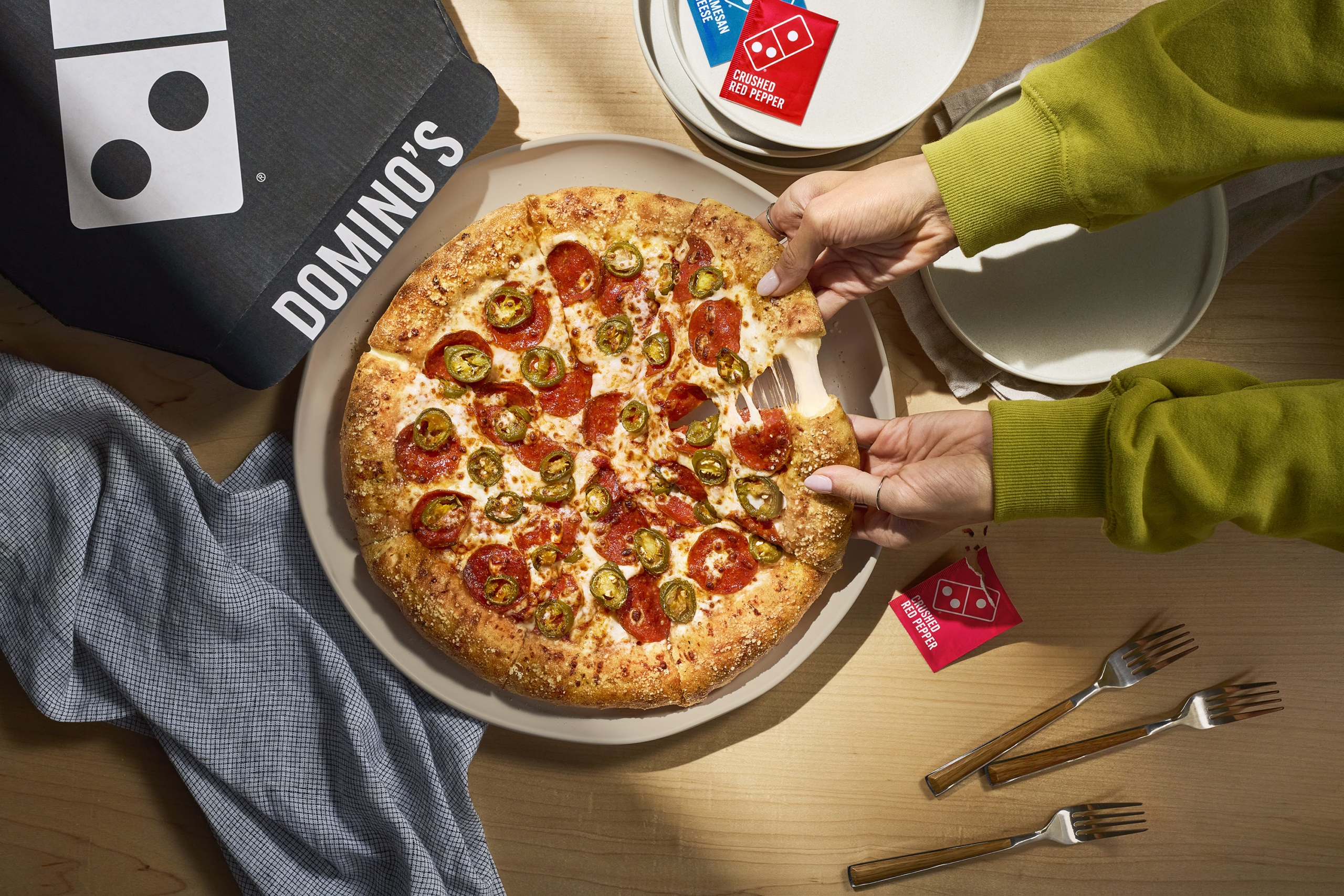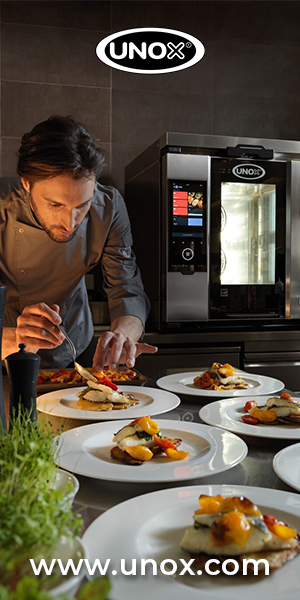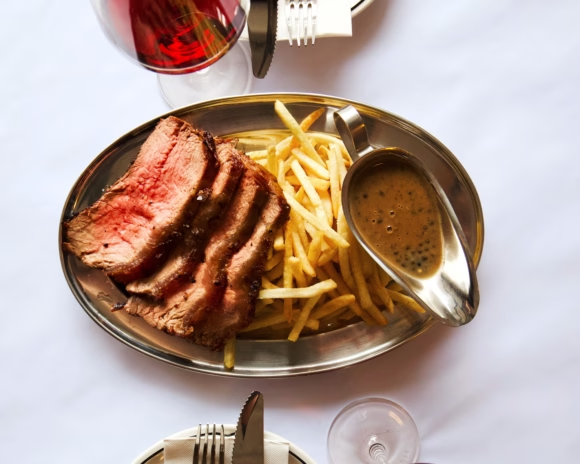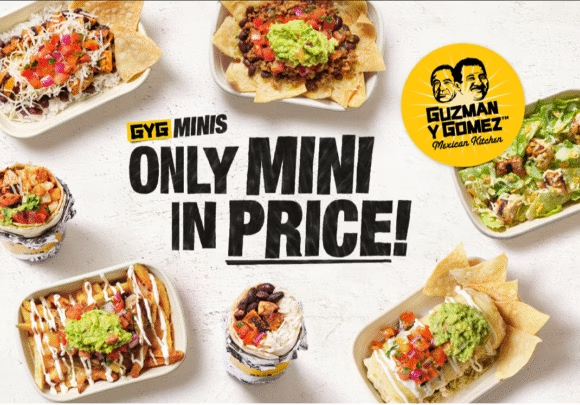Domino’s Pizza Enterprises posted mixed full-year results for FY25, with its Australian operations standing out as a bright spot, delivering record profitability, despite the global pizza chain’s declining performance in key international markets, including Japan and France.
The ASX-listed company reported network sales of $4.15 billion for the year, down $36.8 million (-0.9%), which included the impact of strategic store closures.
Australia leads the pack
Australia and New Zealand emerged as the standout performers in Domino’s global portfolio, with the region achieving what the company described as record profitability while simultaneously delivering the highest franchisee earnings in three years. Franchisee EBITDA reached $94.7k on a rolling 12-month basis, in line with the prior year.
“The ANZ business continued to deliver strong results, achieving record profitability,” the company stated in its results announcement released today. The Australian market’s resilience contrasted sharply with struggles in other key regions, highlighting the strength of Domino’s local operations and brand positioning.
The Australian business has implemented a structured menu reduction program aimed at improving customer satisfaction scores and simplifying store operations to boost franchisee profitability. After initially focusing on capturing more dining occasions in the first half, the company has refocused on its core pizza offerings and value-driven family sharing occasions.
International challenges weigh on results
While Australia thrived, Domino’s international operations presented a more challenging picture. The company’s Asian markets showed mixed results, with improvements in Taiwan, Malaysia, Singapore and Cambodia offset by declining earnings in Japan due to lower same-store sales.
In Japan, management completed store closures announced in the second half of the year, designed to stabilise profitability across both franchised and corporate store networks. The company is working to reduce its reliance on discount-focused marketing, instead building everyday value for customers in what it describes as a ‘low-frequency market’.
European operations were similarly mixed, with strong performance in the Benelux region and encouraging progress in Germany, partially offset by ongoing difficulties in France. The Benelux market achieved positive same-store sales growth, supported by new brand campaigns and product innovations. Meanwhile, Germany’s national value campaigns helped lift customer acquisition despite a soft consumer environment.
France, however, continues to struggle, prompting the appointment of new leadership with a mandate to simplify operations and rebuild the business through reduced menu complexity and improved value messaging.
Strategic reset is underway
Cowin acknowledged the company is undertaking a comprehensive operational reset, focusing on what he called the fundamentals: “…quality food, strong service, compelling value.”
“We’re taking action to make Domino’s a leaner, more efficient business. That means reducing costs – and using those savings to support our franchise partners and invest in marketing that drives sales,” Cowin said.
The company is progressing a group-wide cost efficiency program, with savings expected to be reinvested in franchise partner support, increased marketing investment, and improved digital capabilities. As part of its strategic reset, Domino’s has adopted a more conservative approach to capital management, prioritising debt reduction and operational investment over shareholder returns.
Outlook is cautious but optimistic
Looking ahead, Domino’s expects new store openings to remain subdued until unit economics improve, with expansion only pursued where stores are expected to be sustainably profitable for franchise partners. The company’s Australian success serves as a template for its international operations, as management seeks to replicate the local market’s strong performance across its global network.
“We have work to do. But we know what matters. A better experience for our customers, a stronger return for our franchisees and value creation for our shareholders,” Cowin concluded. “That is the future we’re building.”







